Description
- Phosphorus Replacement Technology: This likely refers to the use of alternative additives that replace or reduce the amount of phosphorus in the engine oil. Phosphorus can have detrimental effects on catalytic converters in emission systems, so reducing its presence can help extend their lifespan.
- Superior Dispersancy: This feature helps prevent the buildup of sludge and other deposits in the engine. Sludge can clog passages and cause premature wear, so effective dispersants help keep the engine clean and operating smoothly.
- Exceptional Oil Burn-off Protection: This indicates that the oil is formulated to resist burning off at high temperatures, which can lead to oil consumption and emissions. Meeting or exceeding industry standards such as those set by the American Petroleum Institute (API) and the European Automobile Manufacturers Association (ACEA) ensures that the oil performs reliably under various conditions.
- Seal Conditioners: These additives are designed to keep engine seals pliable and prevent leaks. Over time, seals can degrade due to heat and pressure, leading to oil leaks. Seal conditioners help maintain seal integrity, reducing the risk of leaks.
- Advanced Additives for Engine Wear: These additives are likely aimed at reducing friction and wear on engine components. By forming a protective layer on metal surfaces, they help minimize wear and extend the lifespan of critical engine parts.
In summary, the combination of these features in engine oil offers comprehensive protection and performance benefits, including improved emission system longevity, reduced sludge buildup, minimized oil consumption, decreased likelihood of leaks, and enhanced engine durability.
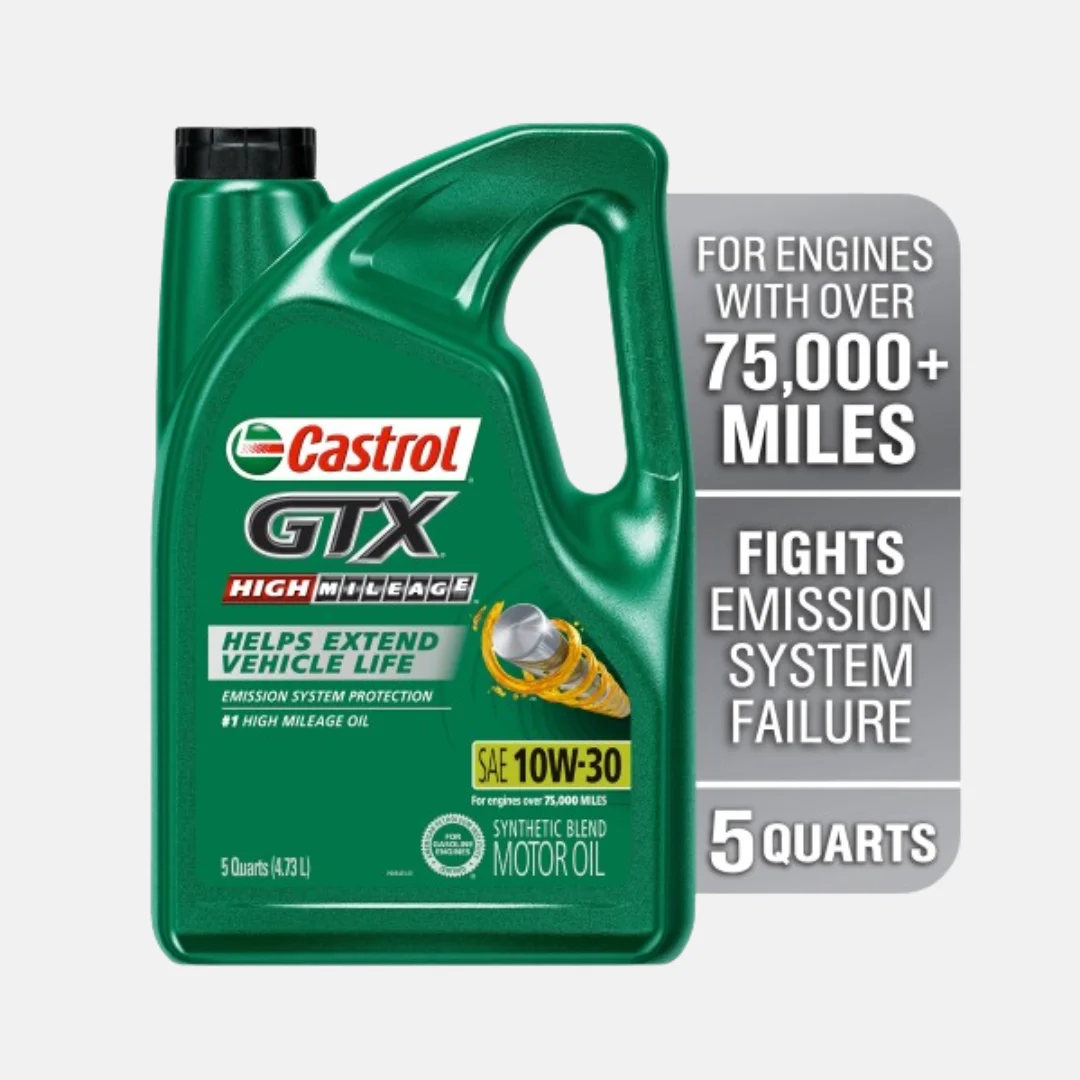
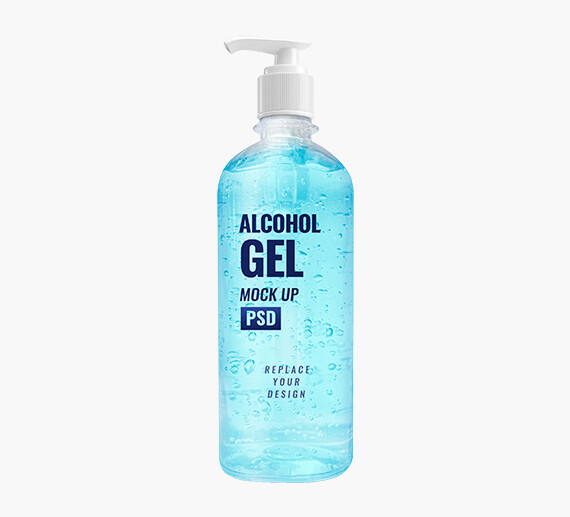


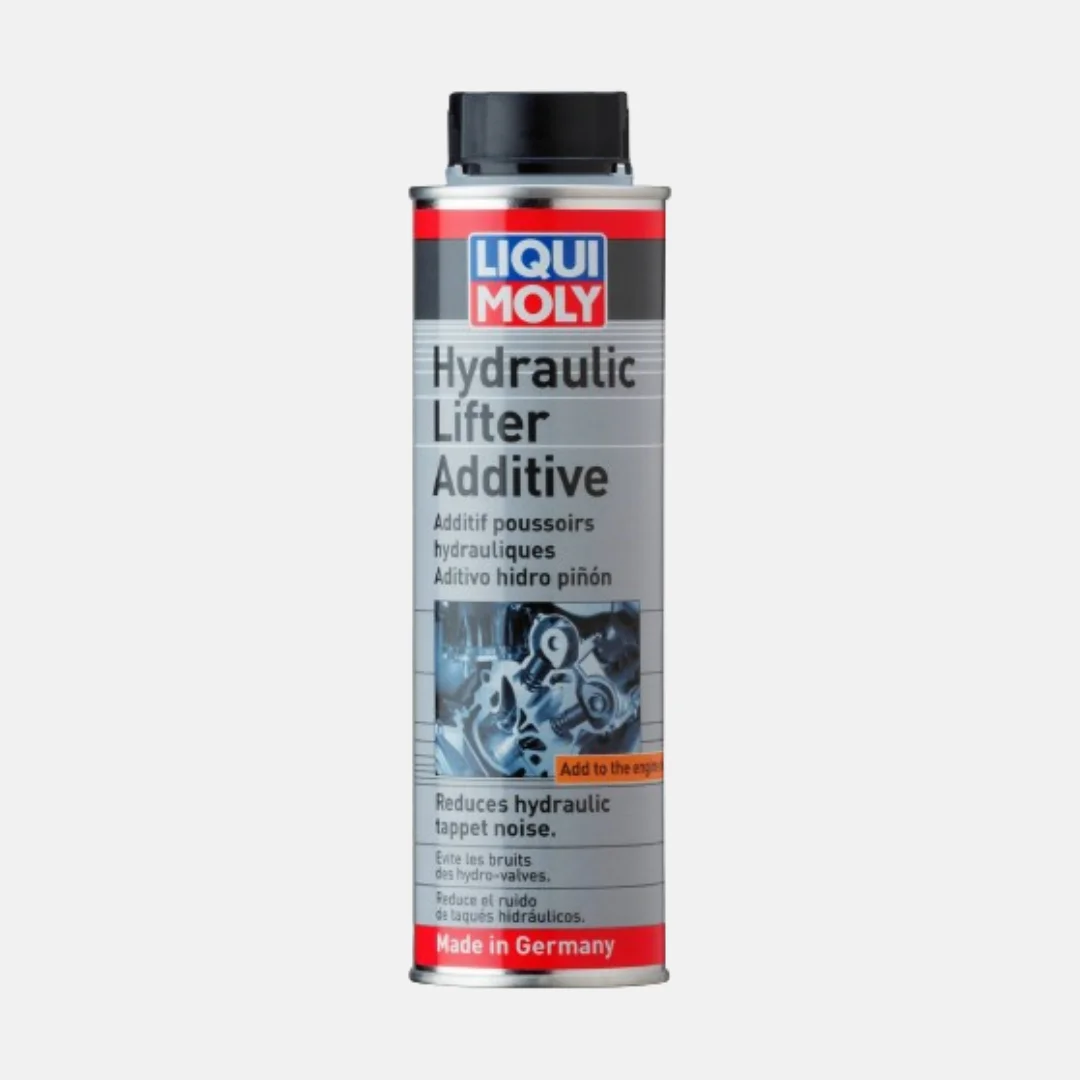
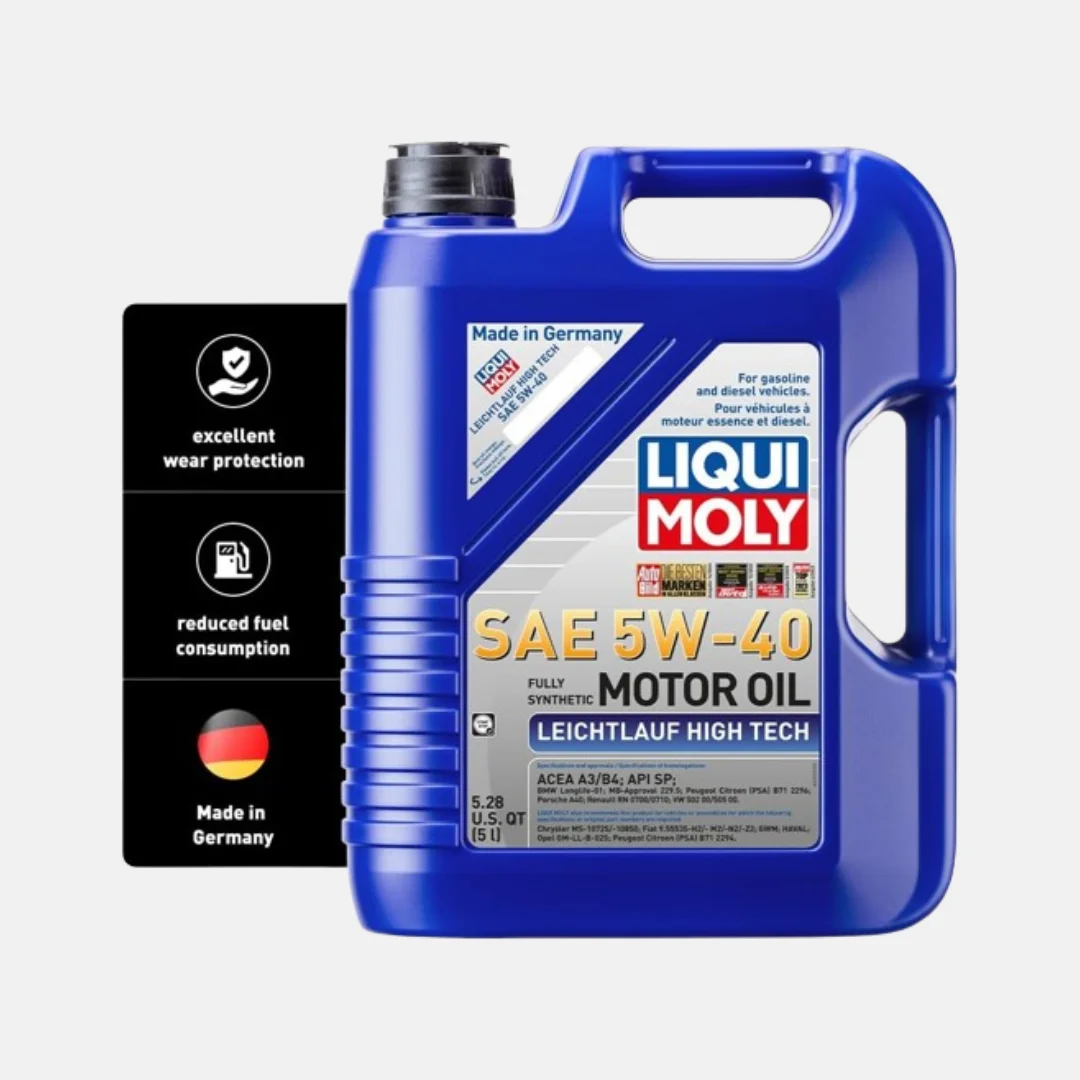
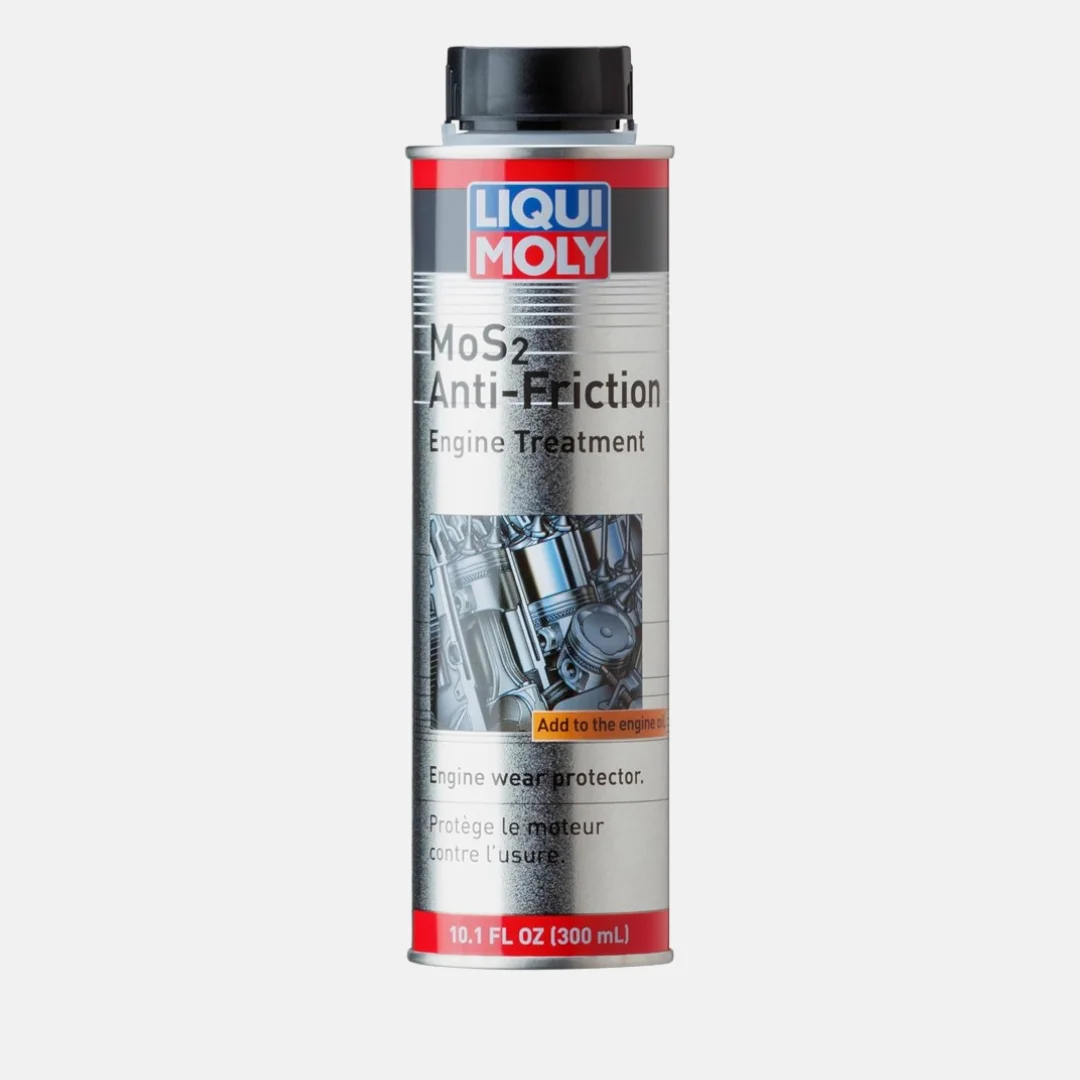
Reviews
There are no reviews yet.